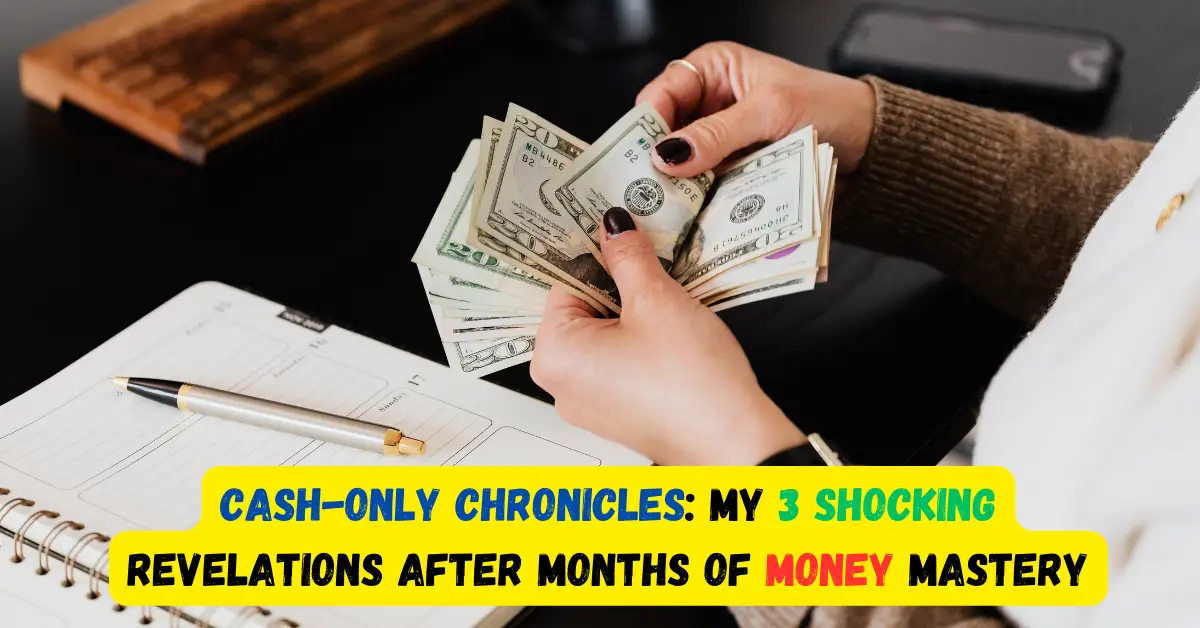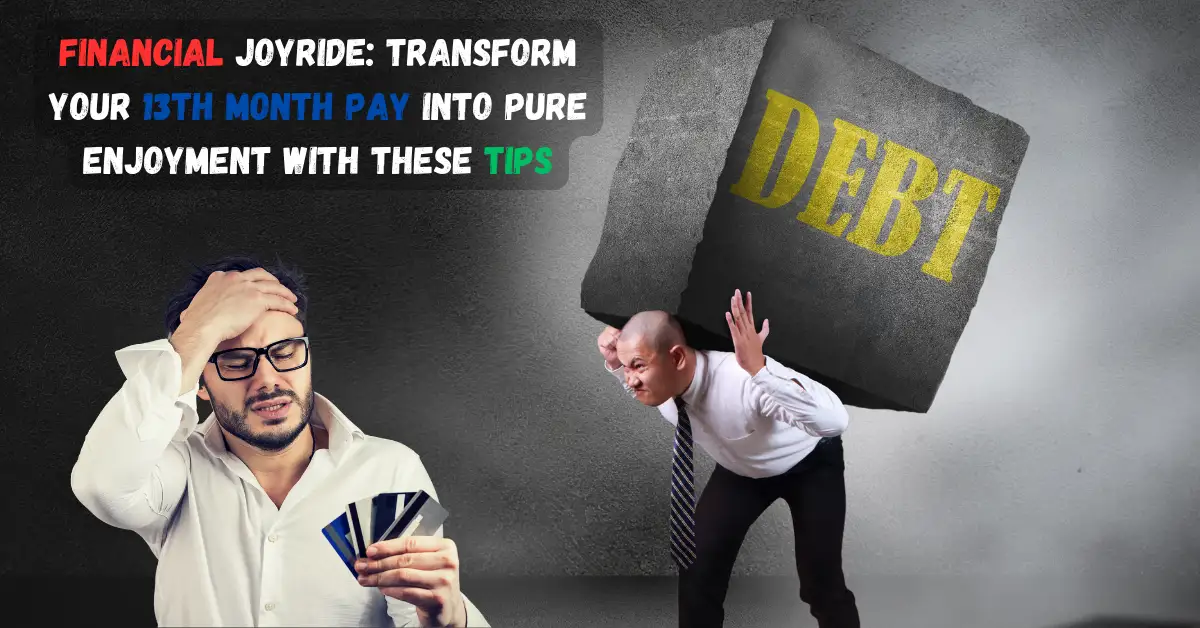
I Paid for Everything With Cash for Months: Here’s What I Learned
Imagine a world where every purchase requires you to part ways with tangible bills. No swiping, no tapping, just the age-old tradition of cash transactions. Intriguing, right? Well, many have embarked on this financial journey, opting for a cash-only lifestyle to gain control over their spending habits. In this article, we’ll delve into the insights of those who dared to go completely cash-only and explore whether it’s a wise move or a cumbersome inconvenience. Does it truly curb impulsive spending, or is it a path paved with limitations? Let’s find out!
Less Temptation To Spend
Olivia Stettler and Richmond Harris discovered a surprising ally in their quest for mindful spending: cash. Stettler shares, “The tactile experience of handing over physical money made each purchase feel more significant, leading to more thoughtful spending decisions.” It seems the act of parting with tangible bills creates a psychological deterrent, curbing impulsive purchases.
Richmond Harris: “Counting out physical money adds a mindful layer many find beneficial for reducing wasteful spending.”
Better Budgeting
Navigating a cash-only lifestyle isn’t a walk in the park, but Joe Manktelow-Pimm and Stettler have a trick up their sleeves – the envelope system. By allocating specific amounts for groceries, entertainment, and bills in separate envelopes, they found a way to stay on budget and gain a heightened awareness of their spending habits.
Stettler: “This simple yet effective method kept me on track and made me more aware of my spending habits.”
No Interest Charges
Manktelow-Pimm sheds light on a significant advantage – freedom from interest charges. “When you use cash, you don’t have to worry about interest charges on credit cards or loans.” It’s a financial win, saving you money in the long run.
Limited Purchasing Power
While cash empowers mindful spending, Manktelow-Pimm reminds us of its limitations. “When you use cash, you are limited to the amount of money you have on hand.” Emergencies or major purchases may pose challenges, requiring careful planning and a well-stocked emergency fund.
Manktelow-Pimm: “It’s a hassle in the digital age. Online shopping or subscriptions become cumbersome.”
Difficulty Tracking Expenses
Manktelow-Pimm highlights the challenge of keeping tabs on expenses with cash. “It can be challenging to keep track of your expenses when you use cash.” The absence of readily available bank statements demands discipline in manual record-keeping.
No Credit Score Improvement
While cash-only living fosters financial mindfulness, Manktelow-Pimm warns, “Using cash does not improve your credit score since you are not using credit.” Consider your long-term financial goals before diving into an extended cash-only experiment.
Inconvenient Emergencies
Imagine a scenario: your car breaks down, and the mechanic only accepts card payments. Limited purchasing power may mean a trip to the ATM, incurring fees and adding an extra layer of inconvenience to an already stressful situation.
Digital Age Dilemmas
Living cash-only may clash with the conveniences of the digital age. Harris voices the sentiment, “It’s a hassle in the digital age. Online shopping or subscriptions become cumbersome.” The seamless nature of online transactions becomes a distant memory.
Tracking Cash Expenses
Keeping a close eye on cash expenses requires diligence. Receipts become crucial, and manual recording becomes a necessity. This hands-on approach to finance management may be time-consuming but provides a reality check for your budget.
Mindfulness vs. Hassles
As we weigh the pros and cons of a cash-only lifestyle, it becomes evident that while it fosters financial mindfulness, it comes with its fair share of hassles. The inconveniences in emergencies and the challenges in a digitally-driven world might make it a periodic spending cleanse rather than a long-term solution.
Conclusion
In the grand experiment of going cash-only, the results are mixed. Financial mindfulness sees a boost, impulsive spending takes a hit, but navigating the digital landscape becomes a cumbersome task. As a short-term strategy, it might reset wasteful habits, but for the long run, the limitations of a cash-only existence need careful consideration.
FAQs
- Does using cash really reduce impulsive spending?
- Yes, the tangible nature of cash creates a psychological deterrent, leading to more thoughtful spending decisions.
- How can I budget effectively with cash?
- Try the envelope system – allocate specific amounts for different categories in separate envelopes to stay on track.
- What’s the advantage of going cash-only in terms of interest charges?
- With cash, you eliminate the worry of interest charges on credit cards or loans, saving you money in the long run.
- Is there a downside to limited purchasing power?
- Yes, emergencies or major purchases may pose challenges, requiring careful planning and a well-stocked emergency fund.
- Can living cash-only improve my credit score?
- No, since you’re not using credit, there’s no impact on your credit score. Consider your long-term financial goals before adopting a cash-only lifestyle.





